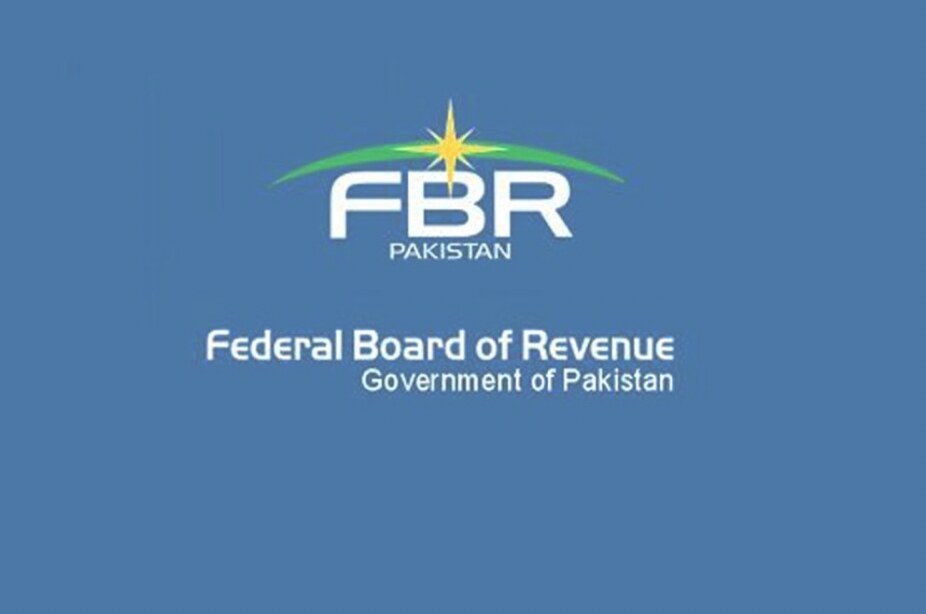
support@ledgermax.pk

+92 21 34559515-6
.jpg)
A flourishing SME sector plays a substantial role in the affluent economic growth of a developing country. Thus, owing to its contribution towards GDP, export development and employment generation, SMEs are considered one of the main pillars of Pakistan's economy. They represent approximately 90 percent of the enterprises in the country; though, still they face a number of issues; for instance, energy crises, lack of infrastructure and intellectual capital, political instability, security threats etc. Along with these, the issue of taxation also holds back the progress of SMEs. Lets have a look at the taxation issues that distress the development of SMEs in Pakistan.
One of most common reasons behind corporations streaming into informal economy is the high taxation rates. Similar is the case in Pakistan where these effects are being complexed by higher compliance expenses for SMEs to cope with tax regulations and other government directives. Hence, unlike large enterprises, SMEs lack essential and modern accounting techniques along with in-house legal and tax advisors which result in the downfall of the venture.
SMEs have limited capital and hence lack behind in terms of expenses in many fields including taxation. Compliance expenses have financial implications; for instance, paying fee to the tax advisor or hire an employee to look after taxation issues. Also, the time related expenses that is the time taken out by a tax payer to deal with his tax concerns. The major of all is the psychological expense which is the stress and anxiety caused by the prospective audit or errors mentioned by taxation authorities.
Companies belonging to the SME sector in Pakistan, come across an ever more intricate administrative, taxation and legal setting, both in the commencement and development of their business. Research has verified that 68 percent of the firms labelled taxation laws as most challenging, 55 percent of the corporations report taxes crunch, whereas 26 percent companies believed that the taxation rate is too high in Pakistan.
As per majority of the SMEs, the current tax set-up is a discrimination counter to small and medium sized enterprises. This set-up usually distort incentives of SMEs which are also distraught by taxation authorities. SMEs generally find tax concerns more deterring for them as compared to bigger enterprises. From SMEs point of view, the present tax structure and administration generally distort incentives and discriminate against small firms who are harassed by the tax authorities. On the other hand, SMEs also consider that its is impracticable to record their accounts in accordance with the regulation or hire a qualified accountant owing to expense limitations.
The present structure is completely not standardized and provides unnecessary discretion to the taxation system. The absence of rationale or alliance in the present local or provincial tax system leads to an endless clash between the business groups and the taxation authorities which eventually result in a decelerated growth in the tax base.
Hence, knowing of the modifications needed to accommodate the SMEs in its strategies and procedures, restructurings are at their final stages of execution with respect to the taxation command of Pakistan. Nevertheless these restructurings emphasized on tax management and administration, rather than dealing with the things that have a direct impact on SMEs. Till today, SMEs are not given any sort of incentives to cross the formal economy threshold. Also, no contemplation is there for the examination of taxation laws from the perspective of a typical SME.
LEDGERMAX BLOG


